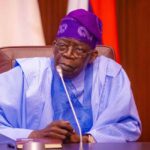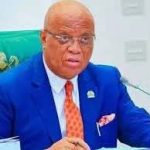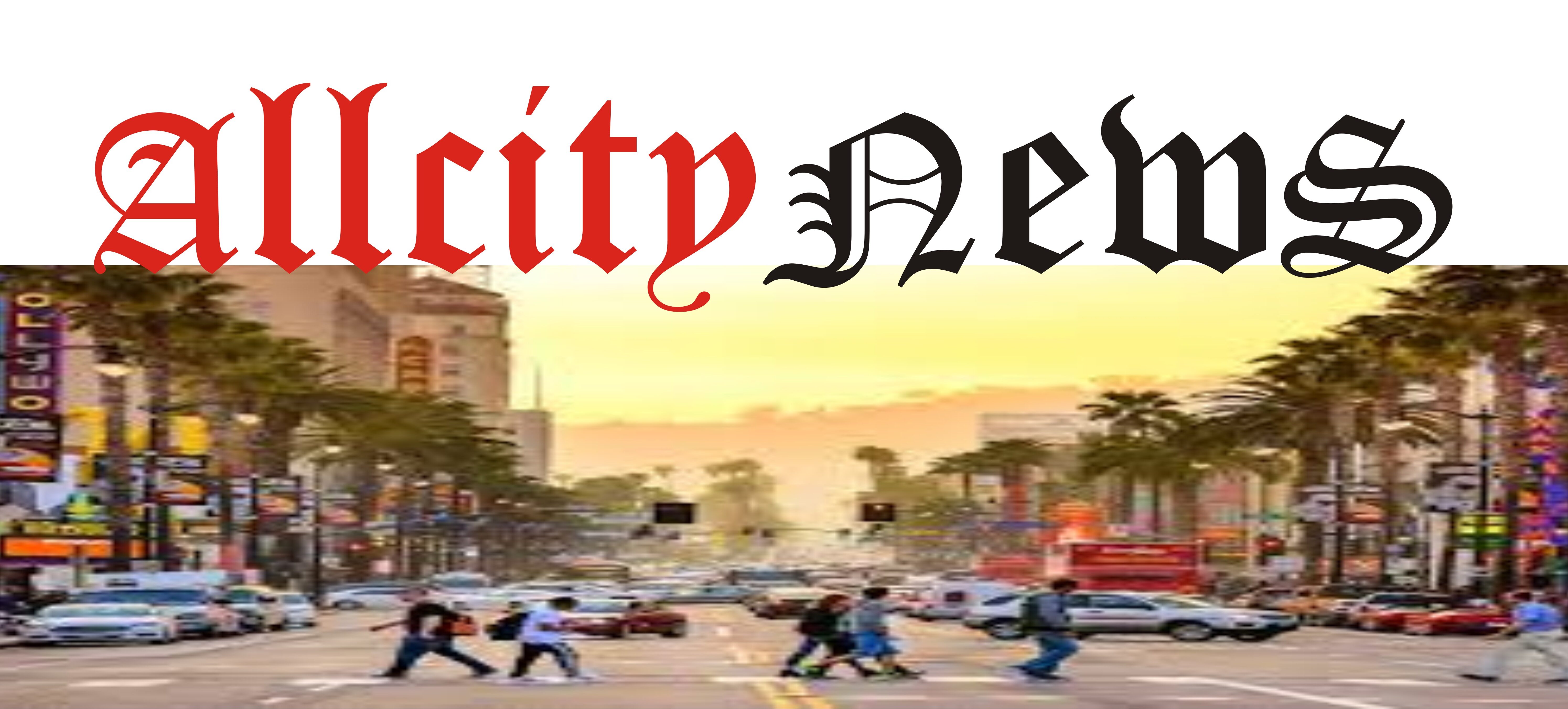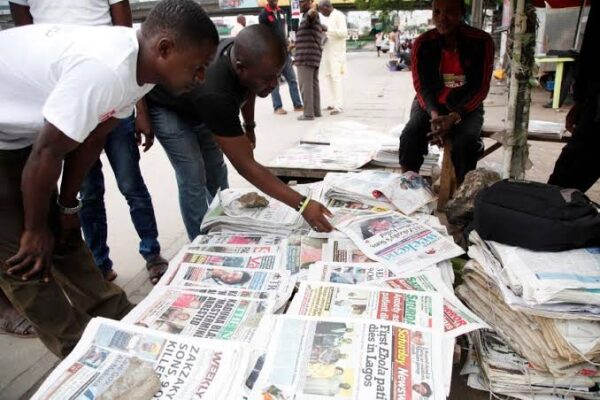
LCCI DG, Dr Chinyere Almona
Posted by allcitynews.ng
The recent hike in the Monetary Policy Rate (MPR) by the Monetary Policy Committee of the Central Bank of Nigeria (CBN) from 11.5% to 13% was well expected by the Lagos Chamber following recent fundamentals in the economy.
The statement by the Director-General, Dr. Chinyere Almona, expressing the take of the chamber said: the Chamber has also noted the trend around the rising inflation rates across many economies globally. It is well understood that the hike was meant to control the rising inflation rate feared to assume a galloping trend soon.
The CBN has always maintained that Nigeria’s high inflation rate was due to non-monetary factors outside its purview. We have consistently pointed at factors responsible for the rising inflation including an epileptic supply of Premium Motor Spirit (PMS), high cost of Automotive Gas Oil (AGO/Diesel), electricity tariff hikes, insecurity, and the illiquidity crisis in the foreign exchange market.
These factors have continued to put pressure on the cost of production translating to higher prices or cost-push inflation. These headwinds must be tackled head-on for the inflationary pressure to be tamed sustainably.
The hike in the interest rates will normally mean less credit to the private sector and that can translate to reduced investment and constrained production in the economy, at least in the short term. This action also has implications for economic growth, job creation, and revenue generation for the government.
When the MPR was 11.5% some credit lenders charged as high as 25% maximum rate to small companies. With the benchmark interest rate at 13%, we may likely have rates climb beyond 30% for SMEs.
While we agree with the proposition that a lower interest rate in Nigeria compared with higher rates in developed economies would lead to capital flight, we must restate our recommendation that interest rate hikes will not on their curb inflationary pressures.
The supply-side challenges like insecurity, forex scarcity, and uncertainties from the inconsistent policy environment must be tackled to curb the rising inflation. This is the more sustainable solution to the rising inflation in Nigeria.
In the coming months and into the third quarter, the CBN should expand its targeted intervention schemes to support the productive sectors of the economy to reduce the cost of production. Beyond the role of price stability, the CBN must pay attention to sustaining economic growth that can create jobs and boost government revenues.
Again, we reiterate that hikes in rates alone will not tackle the nea-galloping inflation trend in Nigeria. We need interventions to boost the supply of goods and services, build critical supportive infrastructure, and resolve the illiquidity crisis in the forex market.












More Stories
Ecobank and Qatar Airways Celebrate Top Exhibitors at ‘Oja Oge’ Fair
2025 World Milk Day, Nestlé partners Ministry of Livestock Development, Minister wants Nestlé to convert the farm into training institute
FIRS Chairman Adedeji, at book launch, only 19% of Nigerians currently pay taxes